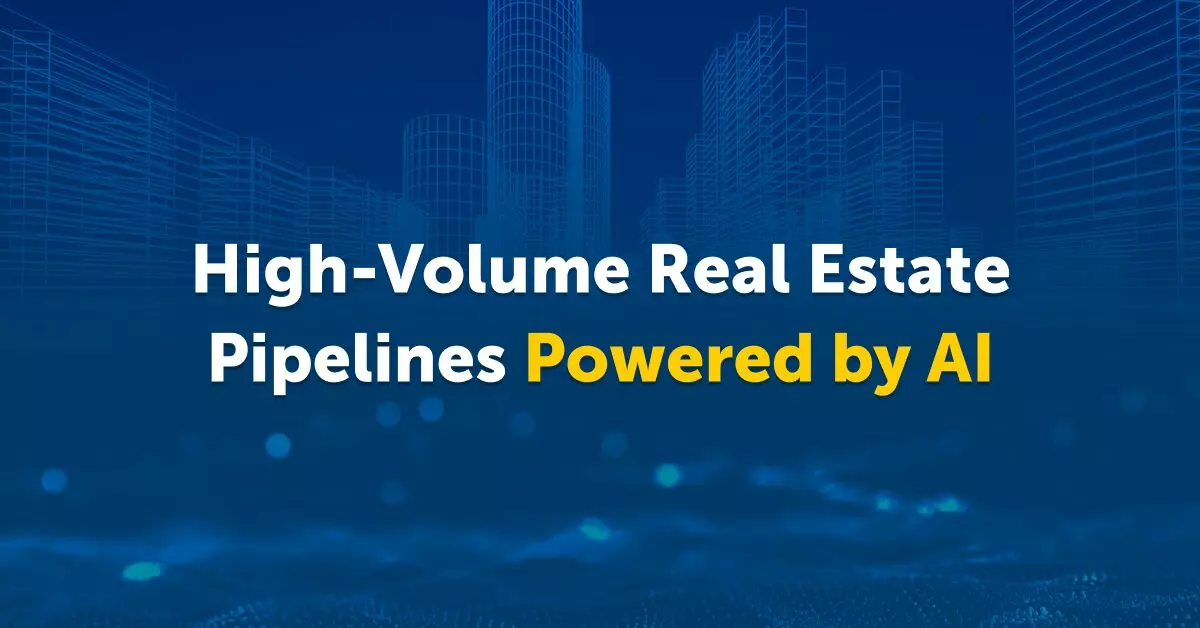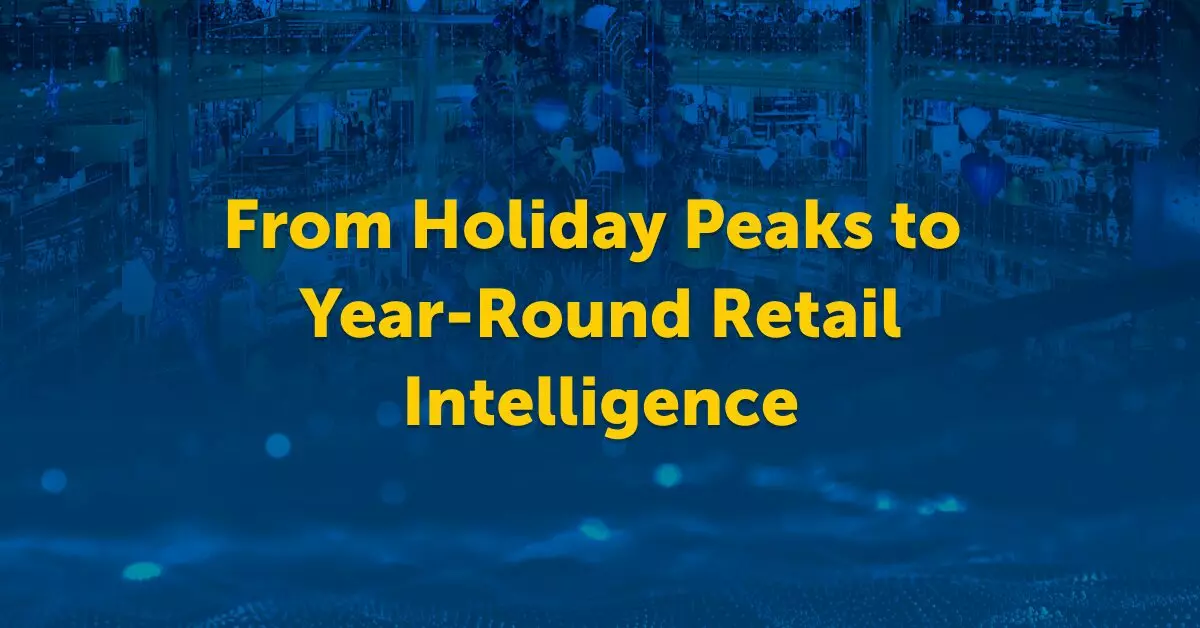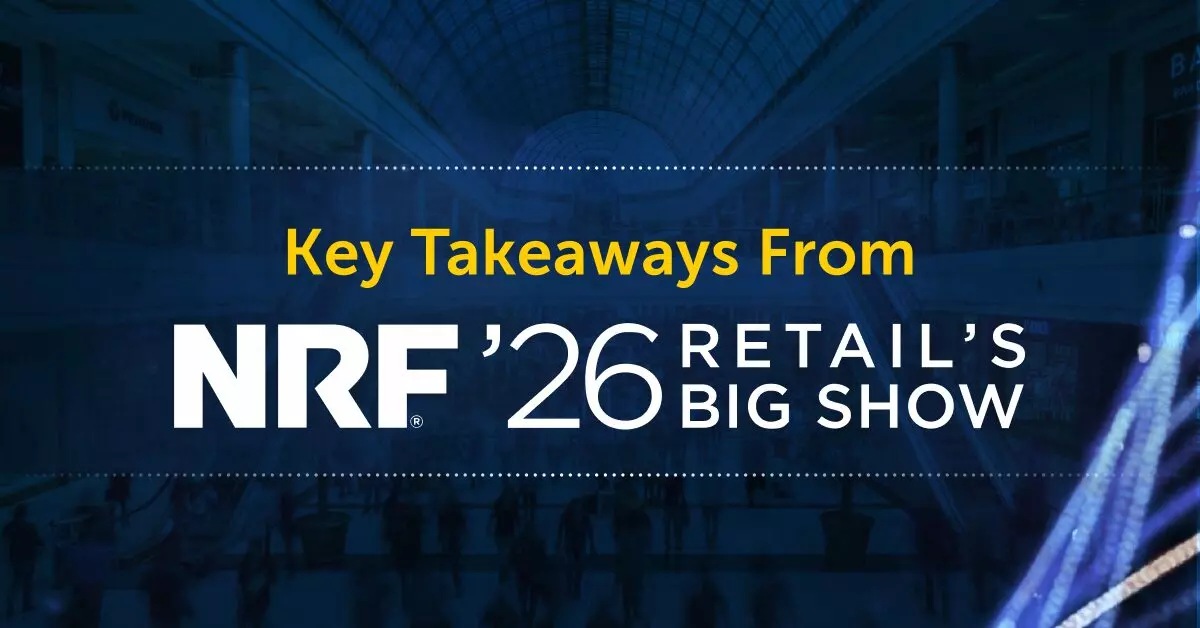Browse Our Glossary
Browse Our Glossary
Predictive Analytics
More than 53% of marketing leaders are leveraging or planning to leverage AI for predictive analytics and customer insights.
What is Predictive analytics?
Predictive analytics is the process of forecasting future events based on historical data by combining data, sophisticated mathematics, and machine learning. It assists companies in identifying patterns, trends, and making informed decisions about the future. Numerous businesses utilize predictive analytics to estimate sales figures, assess risks , comprehend client behavior, and forecast demand. Through the application of Predictive Analytics, companies can improve decision-making, optimize workflows, and gain insightful insights into potential outcomes.
Benefits of Predictive Analytics
Predictive analytics provides many advantages, including the ability to speed up processes, improve prediction accuracy, and aid in decision-making. Predictive analytics can create somewhat accurate predictions about the future by analyzing historical data and identifying trends. This helps businesses prepare for the future and address issues before they arise. By reducing human labor and automating data analysis, it also saves time. Additionally, predictive analytics makes organizations more competitive and effective by assisting them in making decisions based on data.
Importance of Predictive Analytics
Predictive analytics holds great significance as it enables firms to anticipate future developments and make informed decisions by utilizing data. They may take less chances, develop more, and make greater use of their resources thanks to it. Additionally, by providing targeted advertisements and personalized recommendations, predictive analytics increases client satisfaction. Additionally, it makes organizations function more efficiently and save money by reducing waste and streamlining procedures. In today's fast-paced world, predictive analytics helps businesses remain ahead of the curve and adapt to developments.
Future of Predictive Analytics
With more sophisticated models that can handle even more challenging data and produce forecasts with greater accuracy, predictive analytics will only get better in the future. Big data, AI, and machine learning are examples of new technologies that will strengthen and improve predictive analytics. Predictive analytics will become increasingly prevalent in routine company operations, enabling organizations to make choices more quickly and provide individualized experiences for their clients. Furthermore, even smaller organizations will be able to employ predictive analytics technologies to gain an advantage as they become more user-friendly. .
Fusemachines and Predictive Analytics
We at Fusemachines are proficient in developing excellent Predictive Analytics solutions for many sectors and requirements. We can develop sophisticated models that forecast variables like sales figures, risks, and client behavior thanks to our AI capabilities. Our Predictive Analytics solutions assist businesses in making informed decisions, gaining valuable insights, and making prudent use of their data. Utilizing state-of-the-art Predictive Analytics technology, we utilize data-driven tactics to help organizations develop, avert issues, and operate more efficiently. .
Recommended Pages
- AI in Banking
- AI in Consumer Packaged Goods (CPG)
- AI in Energy
- AI in Finance
- AI in Fintech
- AI in Healthcare
- AI in Insurance
- AI in Legal Services
- AI in Life Sciences
- AI in Media and Entertainment
- AI in Retail
- AI in Technology
- Automation
- Big Data
- Contextual Adaptation
- Conversational Agents
- Data Analytics
- Data Annotation
- Data Engineering
- Data Science
- Deep Learning (DL)
- Demand Forecasting
- Dynamic Pricing
- Edge Computing
- Ethical AI
- Explainable AI (XAI)
- Fraud Detection
- Generative AI (GenAI)
- Hyper Personalization
- Image Recognition
- Information Extraction
- Large Language Models (LLM)
- Machine Learning
- Natural Language Processing (NLP)
- Neural Networking (NN)
- Predictive Analytics
- Recommendation Engine
- Self-Directed Agents
- Virtual Assistants


